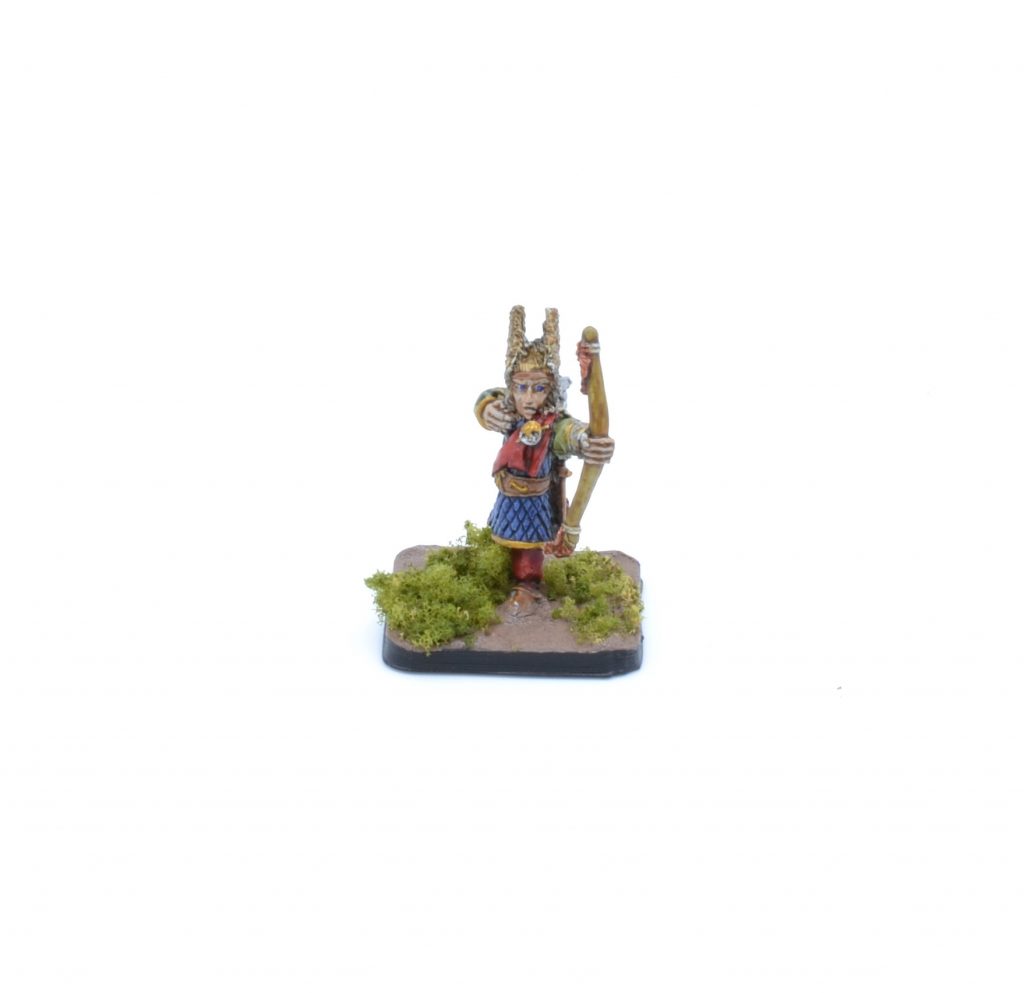Barbarian societies are a subset of the human race on Garin, an evolution of the communities formed by the outcasts of the Kingdoms and Isthak. When the Kingdoms and Isthak were formed, there were members who did not fit in well. People that had faith in the gods, but did not want the highly competitive nature of the Isthak found themselves isolated and shunned. Some groups, depending on the Isthak kingdom they resided in, were subjected to cruel oppression and were often driven out or subjected to purges.
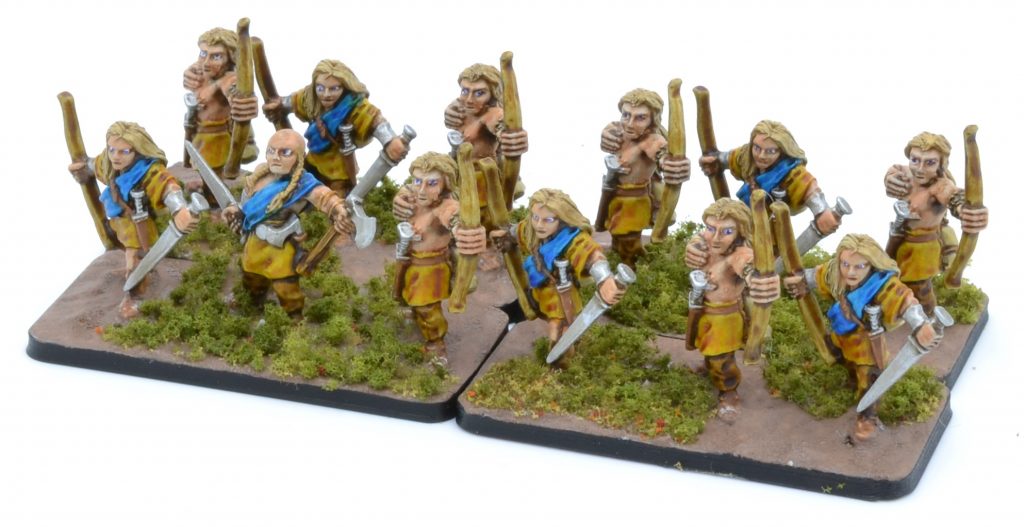
These people accumulated in isolated communities, far from the reach of the cities and governments of other human societies. They formed their own communities and collectives and fought to survive in the wilderness, surrounded by hostile races of all kinds. At the very heart of these small communities were holy men and women who had a deep and profound connection to the gods. Those connected to the deities were a direct conduit of the will and influence of the chosen god and brought with them prosperity and hope.
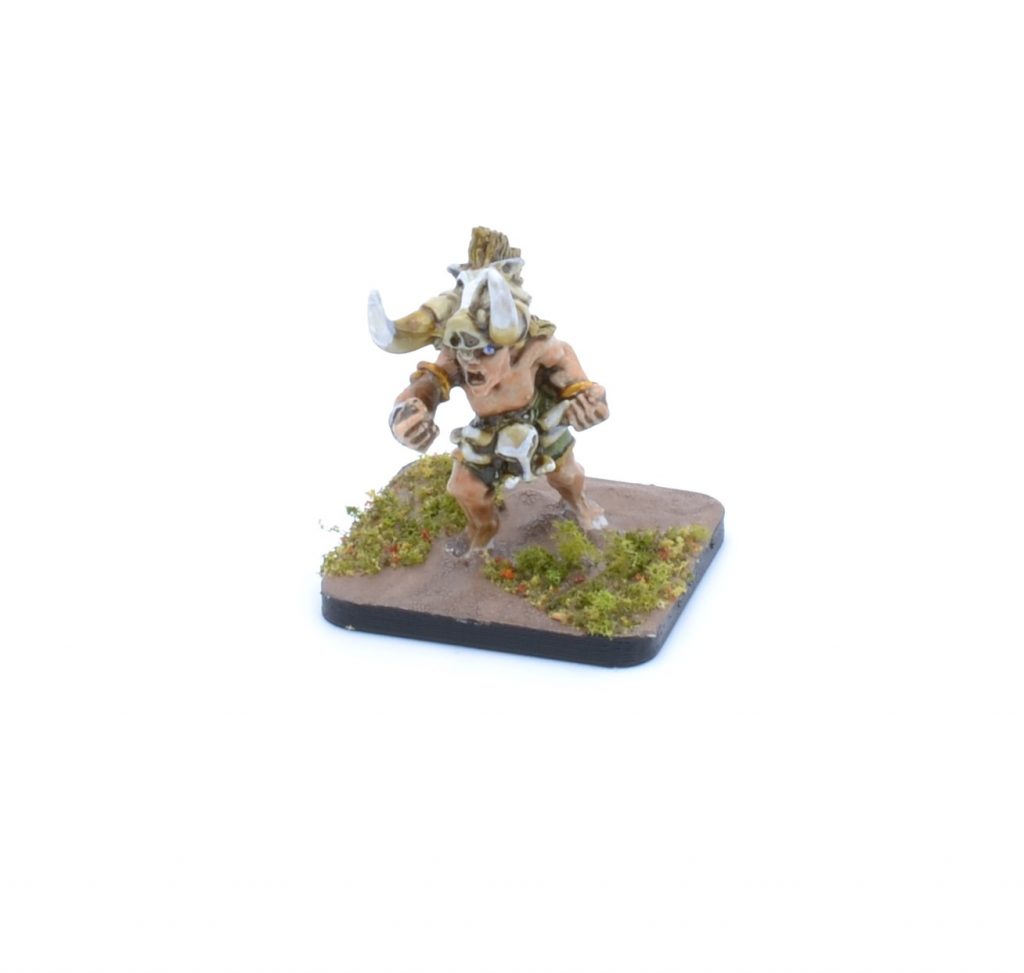
As each community grew, it naturally evolved a deeply spiritual nature, and the rites and customs formed the basis of existence. Their connection to the earth and nature also meant a deep connection to the plants and animals they required for sustenance. They preferred being outdoors and to move around gathering food and tending to herds rather than staying static in solid structures. Eventually they gave themselves the name of Kykvendi to reflect their different nature and otherness from the rest of the humans.
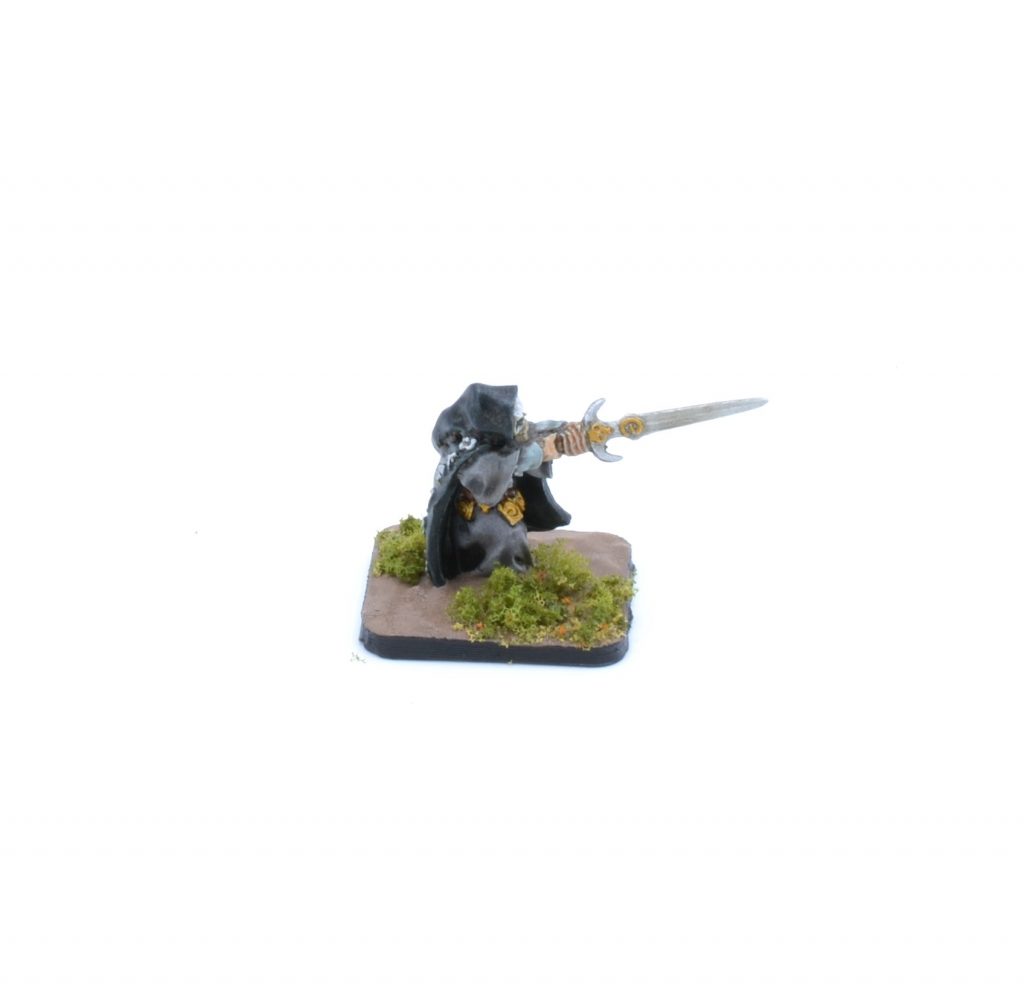
Not only did their nature put them in conflict with other humans, but their nomadic communities caused them to clash with elves and orcs. Initially this caused serious problems, but the Thanaril and orcs saw the deep connection these people had to the earth, so unlike other humans in Tinere. This enabled the Kykvendi to work with these other races in a way that had not been possible with the other kingdoms. The Ilah Ri, on the other hand, rejected the Kykvendi utterly and drove them from their lands as brutally as the Human Kingdoms and Isthak had. As the Kykvendi preferred open plains and woodland, they rarely clashed with dwarves, goblins, and Cirgoth.

The heart of each barbarian nation is an animal totem. As they come of age, each of the blessed men and women adopt a totemic animal as their focus, then spend the rest of their lives in worship and communion with the totemic animal and the gods their animal represents. Certain gifts are bestowed upon the blessed, and through their totems they can manipulate the world around them in much the same way mages can.
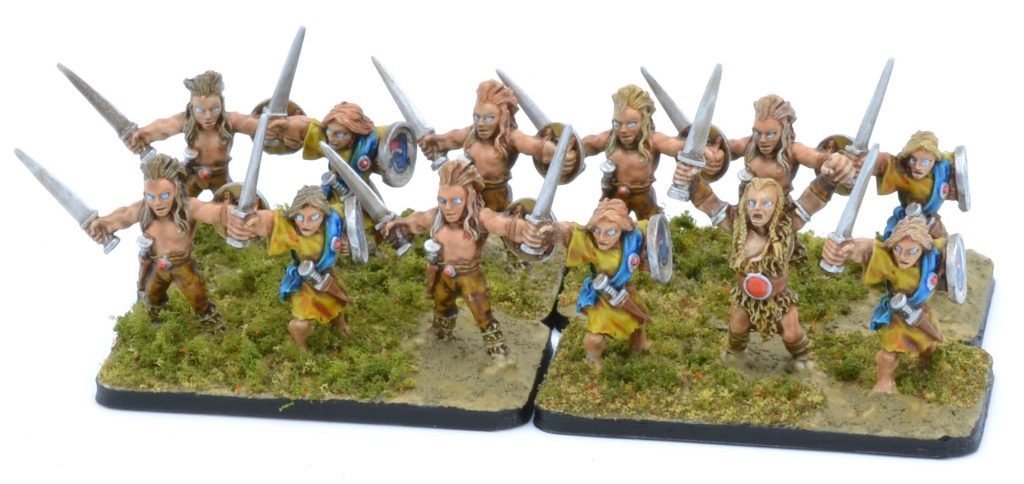
The blessed of a particular totemic animal seek out the Kykvendi nation that has that animal as its chosen totem, and often journey for weeks or months through much peril to find their kindred. Once there, they learn from the elders to commune with the gods, and harness their abilities in order to strengthen their community and protect their people from the hard world around them.
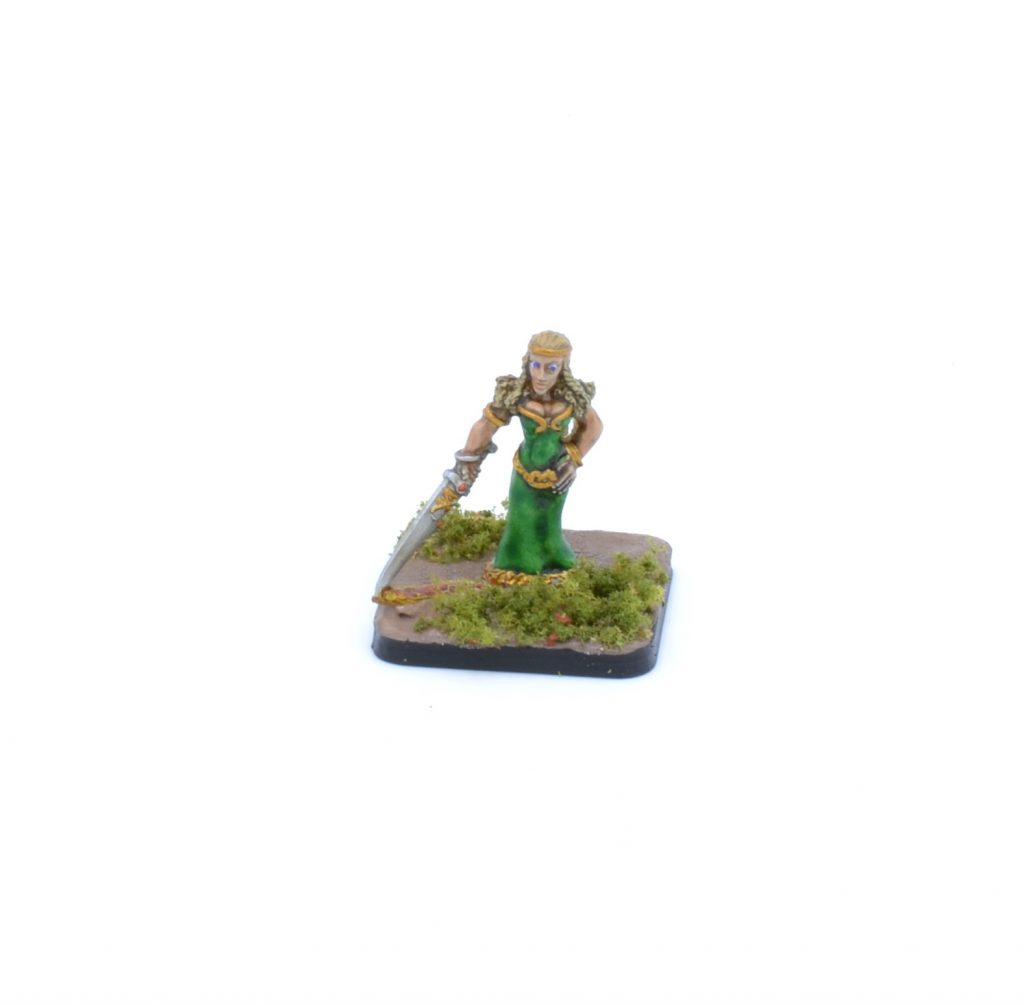
Being Kykvendi means being close to nature and the gods. It means living in balance and harmony with nature. It means recognizing the sanctity of life and how the taking of life is to be mourned and respected, not sought out unless necessary for food or defence.
